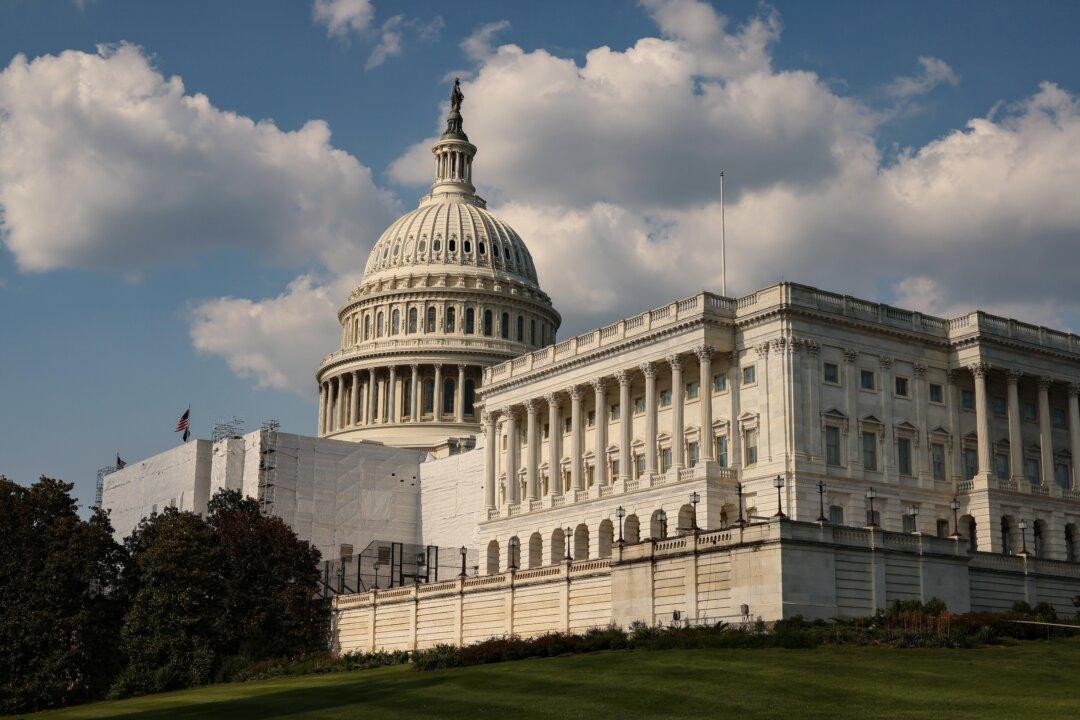House Republicans passed the first of 12 spending bills for the 2024 fiscal year on July 27 after clearing the hurdle of intraparty divisions a day earlier.
The legislation concerns appropriations for military construction and Veterans Affairs and is typically the easiest spending bill for members to pass. But on July 26, that proved not to be the case as hard-liners in the House Freedom Caucus haggled with GOP leadership over spending cuts.






